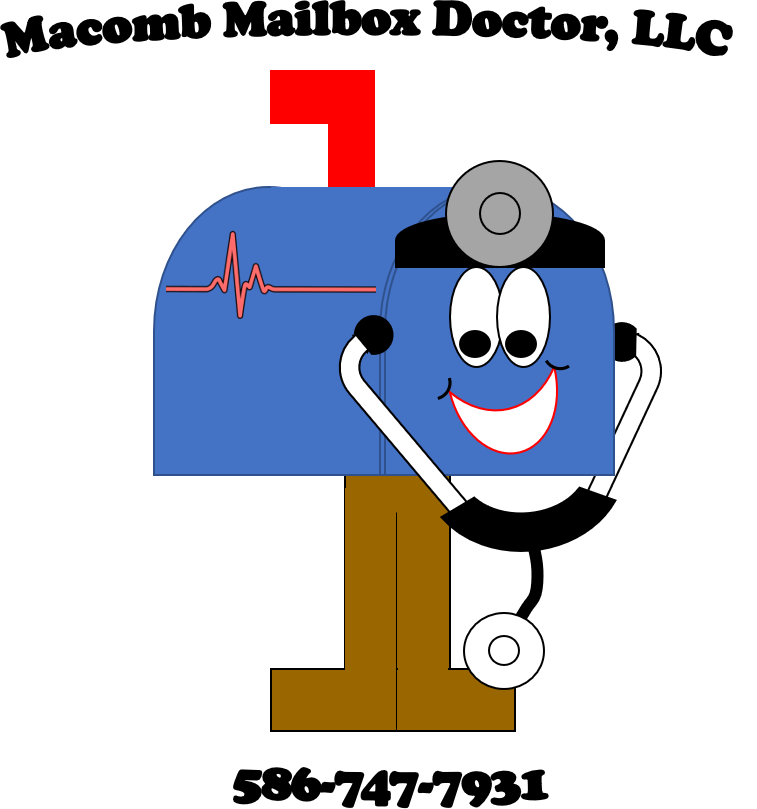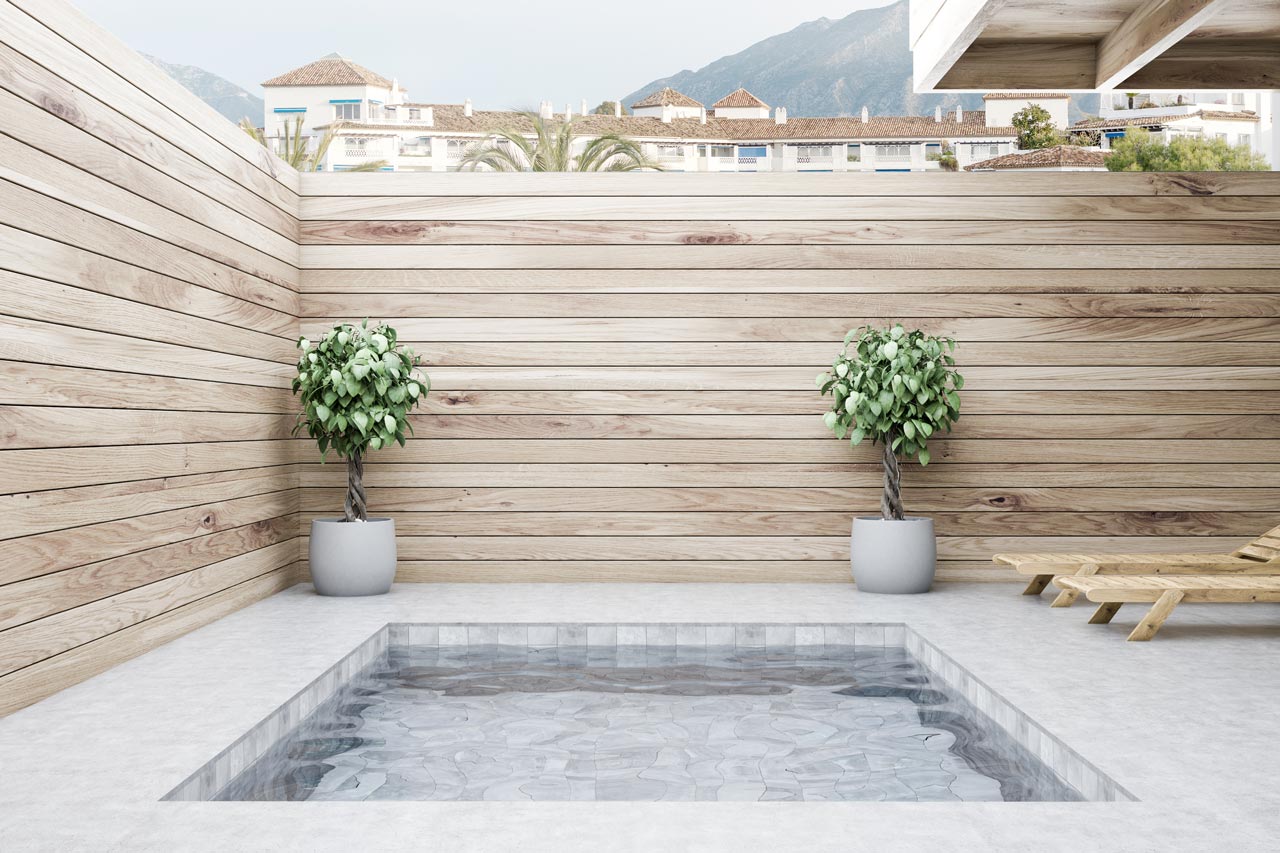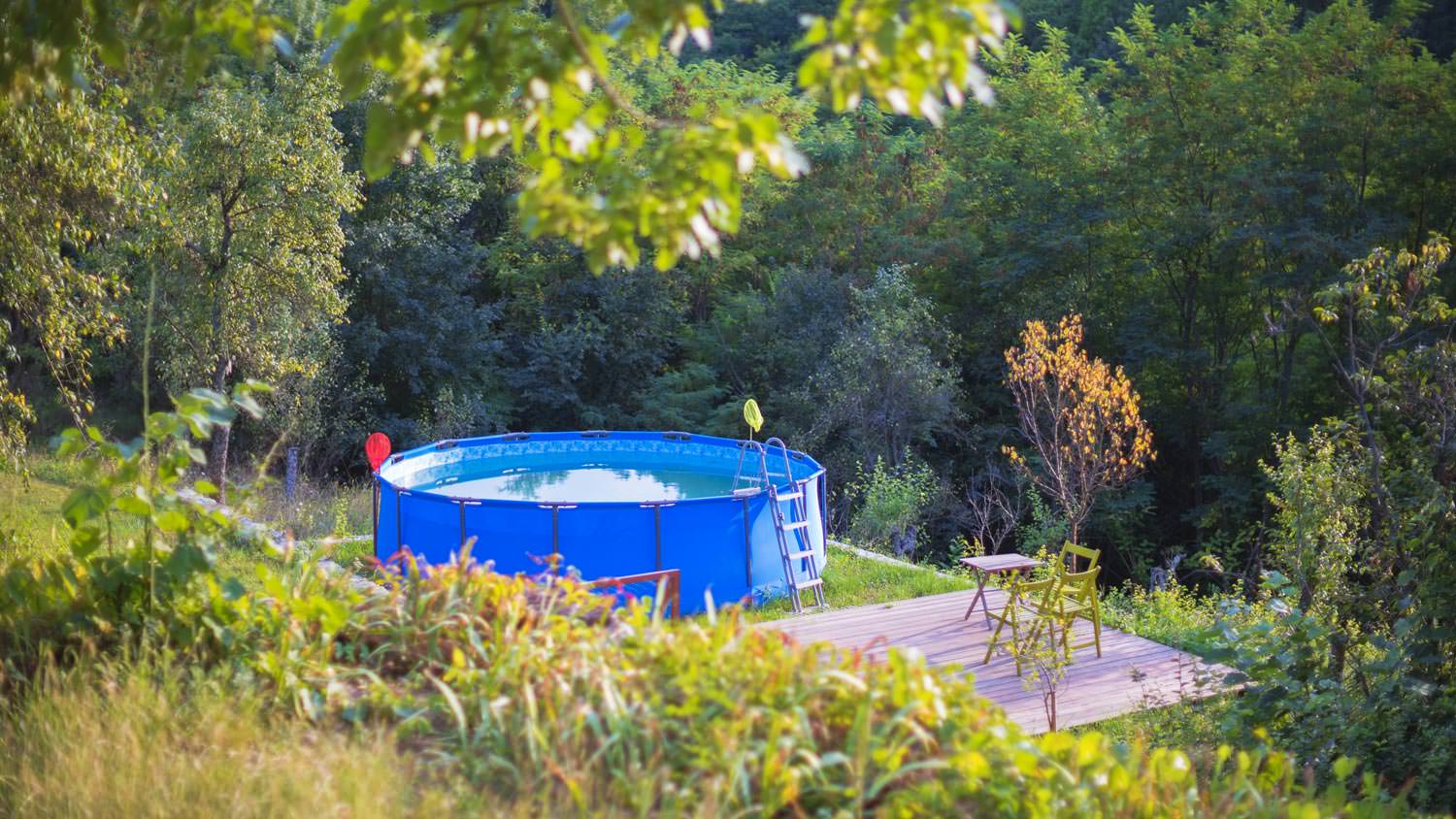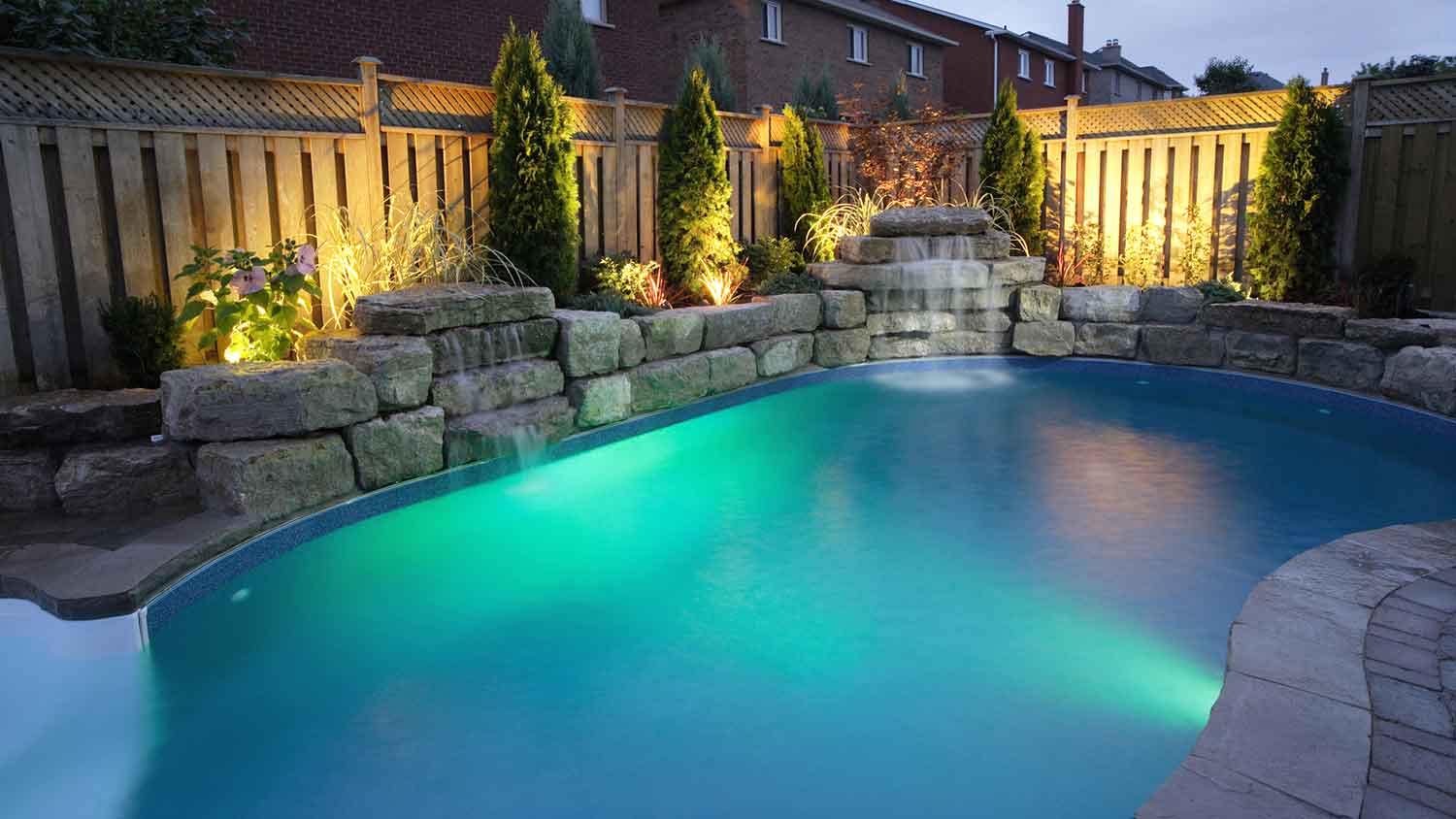Oasis Custom Pools and Spas, Inc.
Oasis Custom Pools and Spas, Inc.
When you are looking for the ultimate in swimming pool contractors, Oasis Custom Pools and Spas is your contractor of choice! With our excellence in quality pool installations along with the best customer service in Michigan, you have made the best choice with Oasis Custom Pools!!
"They ordered the wrong size liner twice, it has several areas of wrinkles other areas of pulling but they called it good. They cannot personally service the product they installed, the salt dispenser malfunctioned and they said call someone else. The job was incomplete, imprecise, and nothing but a problem. I would avoid this company and I have never written a negative review in my life."
Amy W on May 2024
When you are looking for the ultimate in swimming pool contractors, Oasis Custom Pools and Spas is your contractor of choice! With our excellence in quality pool installations along with the best customer service in Michigan, you have made the best choice with Oasis Custom Pools!!
"They ordered the wrong size liner twice, it has several areas of wrinkles other areas of pulling but they called it good. They cannot personally service the product they installed, the salt dispenser malfunctioned and they said call someone else. The job was incomplete, imprecise, and nothing but a problem. I would avoid this company and I have never written a negative review in my life."
Amy W on May 2024










